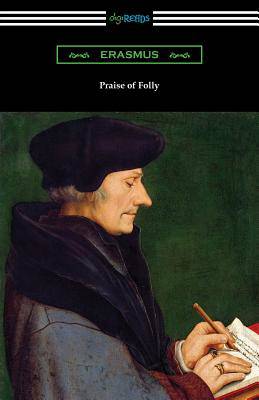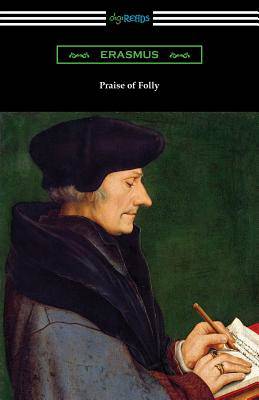
- Retrait gratuit dans votre magasin Club
- 7.000.000 titres dans notre catalogue
- Payer en toute sécurité
- Toujours un magasin près de chez vous
- Retrait gratuit dans votre magasin Club
- 7.000.000 titres dans notre catalogue
- Payer en toute sécurité
- Toujours un magasin près de chez vous
Description
Written in Latin in 1509 and published in 1511, "Praise of Folly" by Dutch humanist and scholar Desiderius Erasmus is considered one of the most important works of literature in Western Civilization. The essay is a classic satirical work in the style of Lucian, the ancient Greek satirist, in which the Goddess of Folly extols the virtues of frivolousness and indulgence of one's passions, then moves to a darker praise of delusion and madness, and finally turns to a satirical examination of Christian superstition and the corruption of the clergy. In a humorous way, "Praise of Folly" reveals the greed and abuses of power of the Roman Catholic Church at the time and is seen as a catalyst for the Protestant Reformation. Wildly popular immediately after its publication, it was translated into numerous languages during Erasmus's own lifetime. Hugely influential, "Praise of Folly" is regarded as one of the most important literary achievements of the Renaissance and marked the beginning of the modern, enlightened age of science and reason over superstition and ignorance. This masterpiece of humor, irony, and wit is a must-read for all students of Western literature and history. This edition is printed on premium acid-free paper.
Spécifications
Parties prenantes
- Auteur(s) :
- Editeur:
Contenu
- Nombre de pages :
- 70
- Langue:
- Anglais
Caractéristiques
- EAN:
- 9781420961812
- Date de parution :
- 11-06-19
- Format:
- Livre broché
- Format numérique:
- Trade paperback (VS)
- Dimensions :
- 140 mm x 216 mm
- Poids :
- 99 g







